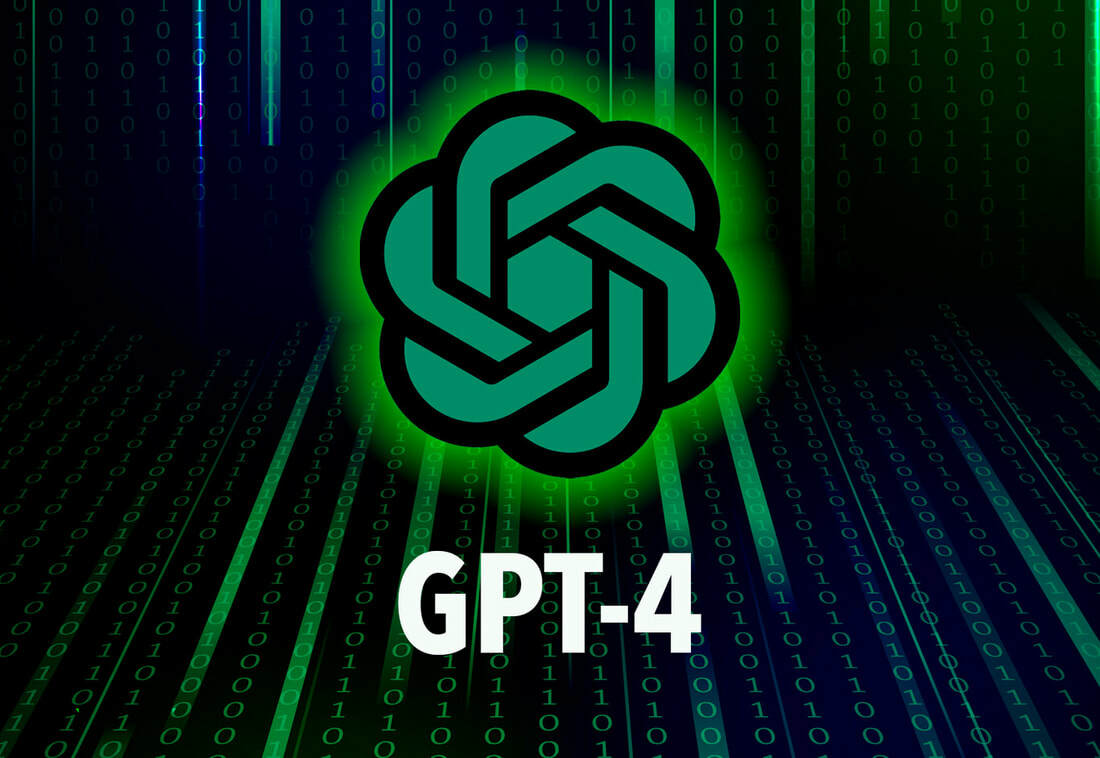
The almost unstoppable advance of artificial intelligence in our lives and work, and in particular ChatGPT, places us before many technological unknowns and major societal challenges. An estimated 300 million jobs are at risk of being lost in the coming years as a result of extensive automation in knowledge professions: from education to business. Leading opinion makers recently called for a pause button. I myself asked the latest version, GPT-4, to write this column, in my name. Are you reading along?
"Amazing, or rather disturbing? That's the question I ask myself when I think about the almost unimaginable evolution of ChatGPT, the artificial intelligence capable of understanding human language and generating appropriate responses. At a time when the digital landscape continues like an unstoppable steamroller, there are numerous opportunities and benefits for our society. But potential dangers also creep into this fascinating stream of words. Let's look at this not yet fully understood entity.
On the one hand, it is certain that ChatGPT offers numerous social benefits. In times of an ever-increasing information bombardment, processing all those stimuli is no easy task. The very human sounding, trained language models such as ChatGPT can assist us to access, advise and support relevant information. Think of teachers who are struggling with enormous workload and individual needs of students. ChatGPT can lend them a helping hand by creating tailored exercises and feedback. Or how about the medical world, where this intelligent assistant can support staff in diagnosing diseases, managing patient records or developing new medicines?
On the other hand, my critical thoughts also point to the specter of the potential dangers that ChatGPT poses. In an increasingly individualistic society, in which tribalism comes to the fore, can we afford to rely even more on technological means, at the expense of human contact? The unstoppable advance of artificial intelligence also affects the labour market. A dystopian world in which machines replace humans, where workers and white-collar workers worry about their current and future jobs, sometimes seems surprisingly close.
Moreover, this type of technology can also have dark sides. The strength of ChatGPT lies in its ability to generate convincing texts, something that malicious parties are happy to use. False news reports or sophisticated manipulation lurk. Is it not our social duty as responsible citizens to recognise this threat and take precautionary measures?
Do we embrace the benefits of ChatGPT and implement this technology with open arms in our daily lives? Or do we fear what the dark sides can do in our fragile society? As a society, we face the challenge of walking a balanced middle ground, maximising the benefits without ignoring the dark pitfalls. A delicate exercise that requires in-depth reflection and joint commitment, ready to face the future with confidence."
Until there, for now, the GPT 4 version of myself, including the suggestion for the title of this blog.
What strikes me when reading this text is how the latest version of GTP-4, which was launched in mid-March, manages to read, process and strongly personalize my thoughts and vision on people, technology and society. Two months ago, I had given the same command to the previous version of the system and received a relatively standardized text, which could also have been generated via Google or Wikipedia (see my view of February 2).
By 'feeding' the system with extra information about myself (based on original texts from the past weeks on other topics), the latest version has managed to penetrate my brain, read my thoughts and reflect personal insights to a large extent. Dutch still needs to be worked on, but it is now clear to me that the personal and social impact will be unprecedented in the coming years. Perhaps even comparable to the breakthrough of television in the 50s and 60s of the last century, or the internet and derived social media a quarter of a century ago. Nothing will be what it once was.
Stopping to reflect before it's too late seems like the right option right now. Regulation by governments will be necessary to prevent excesses such as in the case of social media. Even a liberal weekly like The Economist is arguing in that direction this week. You can't stop the technology, but you can ensure that the technology contributes to social progress, for everyone.
Thanks to Davio Larnaut and Emil Bols of Radix for the technical support.
Written by BBDO Belgium Team, We create effectiveness